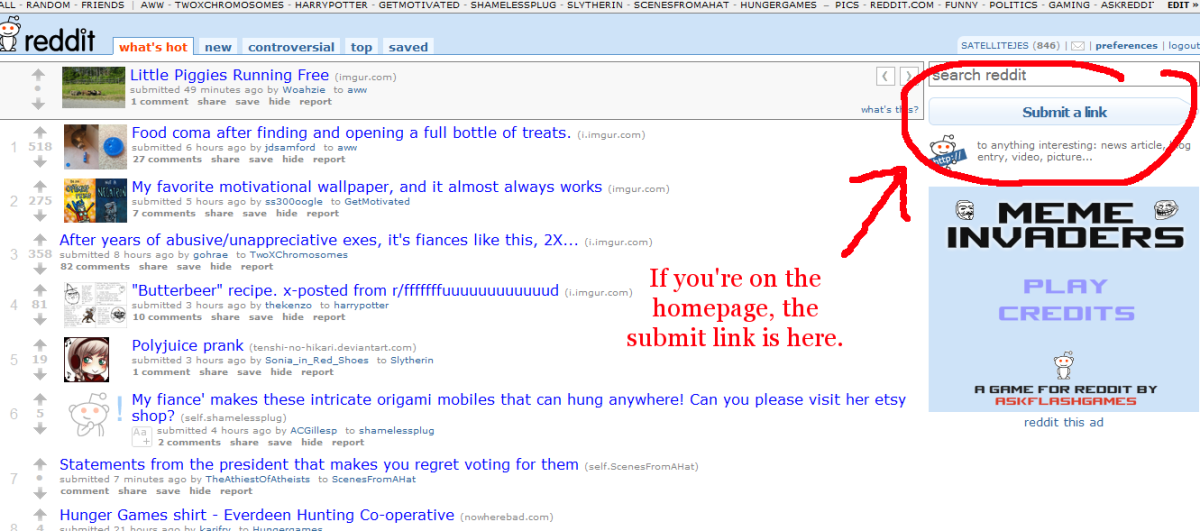Get HubPages Hubs Into Google Index Fast
How To Get HubPages Hubs Into Google Index Faster
One of the biggest frustrations for new HubPages authors is getting their hubs indexed by Google. Nothing says that your writing has been published "for real" like seeing it show up in some search results. However, to get into those search results and start shooting for top search engine rankings, you have to get indexed by Google and other search engines, like Bing, first.
Getting indexed by Google or getting into Bing's index is an automatic process. Eventually, almost all hubs published on HubPages will eventually be indexed. However, waiting for Google, Bing, and other search engines to find and index your hubs or other webpages can be a long and frustrating task.
Fortunately, there are ways to speed up Hubpages Hubs being indexed by major search engines like Google and Microsoft Bing. Use a couple of these quick tricks and watch as your hubs show up faster in Google.

How To Get Indexed Faster
Getting indexed by the search engines will happen eventually, but making it faster requires some basic knowledge of where search engine results come from and how webpages like hubs get found and indexed by Google and others.
Search engines build up the vast list of websites that appear on search results by using tiny programs known as spiders. These "spiders" crawl across the Internet by following links from one webpage to another webpage and then cataloging what they find on that new webpage. Then, they follow the links off of that webpage to find new webpages. In theory, every website on the Internet with at least one link pointing to it would eventually be found and indexed by Google and everyone else. This why most Hubs will eventually be found and indexed, even if it takes a couple of months.
However, the reality is that even operating as fast as computers can, indexing the whole Internet would take a very long time. Add in the fact that many webpages change on a regular basis, some multiple times per day, and thus need to be re-read, and re-indexed, and you have a task that cannot be done in a sensible amount of time.
To beat this problem, search engine spiders are not random creatures following every link they find until they run out of links, but rather smart, optimized, programs that make decisions about which links to follow, and how far to follow them.
On a site like HubPages, the spiders visit the homepage regularly to catalog its frequent changes. They follow some of the links off of that page. When this happens to your hub, it will get indexed very quickly without you having to do anything. But, if your hub has already been shown and then bumped off of the homepage by newer content, it may not get indexed because the spiders won't follow the links far enough to get to it.
To get indexed faster, a HubPages author seeking high HubRank or author score, must take matters into their own hands. By creating links to your own hubs, you create new paths for the spiders to take in order to find your content. These paths may be much shorter than following HubPages links and thus, more likely to actually be used by the search engine index bots.
Also, part of the algorithm the search engine company spiders use to determine whether or not a link is worth following is how often they encounter it. Imagine an intelligent search engine program spider out there following links all over the web. It finds a link to your hub, but for whatever reason decides to follow some other link instead. That means your hub doesn't get indexed. However, if the spider were to find another link, it would be more likely to follow it. By the time it encounters a link several times, it would begin to think that if it is going to keep running into this link, it might as well go index it now, so it doesn't have to keep deciding whether or not to check it out.
The best incoming links, sometimes called backlinks, are those from other websites, particularly ones that are considered better by the search engines. Google uses a number called PageRank as one component of determining how good a webpage is. Links from these webpages with a higher authority are more likely to be followed longer and further.
However, getting links on established websites isn't the only way to get noticed by Google. Bookmarking your hubs in online services like Delicious.com, Digg.com, and so on is another way to get indexed. Google spiders crawl across those sites even more than they do at HubPages, so your links can be found and followed from there.
In short, bookmark your sites as many places as you can, and if you have other websites, be sure to include a link to your articles and profile. Your hubs will start getting indexed in no time.
Useful Tips and Information
- Citibank Rewards Thank You Network
Citibank rewards program is the Thank You network catalog. Redeem points from Citibank Mastercard and more. - Capital One Rewards Catalog No Hassle Miles
Capital One Rewards Catalog offers for travel, merchandise, gift cards, statement credits, and cash back. Evaluate value of redeeming miles or points.








